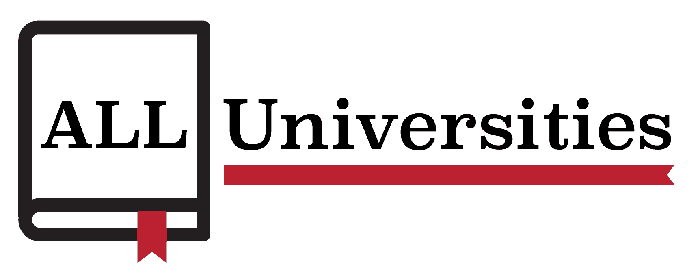Table of Contents
History
The Trinity College Dublin was officially founded in 1592 by none other than Queen Elizabeth, looking to be the mother of a whole new university and brand of education in the region, which would see the institution closely modeled after institutions like Cambridge and Oxford, making it ireland’s oldest university and by far the most prestigious one.
The institution’s long history has been one of change and modernization, originally a protestant institution, it progressively opened it’s doors for students of all branches of life and all faiths, and by 1904 women were also granted admission, resulting in what was originally meant as a religious power play to become an institution open for everybody and truly meant for Ireland.
Programs Offered
Through it’s three faculties the Trinity College Dublin currently offers well over 80 unique programs aimed at undergraduate students.
Due to the large selection available at the Trinity College Dublin, the following list will only be a sample of the full catalog available at the Trinity College Dublin:
- Acting
- Ancient History and Archaeology
- Ancient and Medieval History and Culture
- Business, Economics and Social Studies
- Classical Civilisation
- Drama and Theatre
- Film Studies
- Law and Business
- Middle Eastern and European Languages and Cultures
- Political Science
- Economics and Sociology
- Biochemistry
- Chemistry with Molecular Modelling
- Engineering
- Biological and Biomedical Sciences
- Geography
- Mechanical and Manufacturing Engineering
- Medicinal Chemistry:
Admission requirements
The Trinity College Dublin takes pride in it’s strict admission process, academic merit is 100% the way to get into Dublin, students are require to prove their English language proficiency, have had passing grades in English and Math mainly in school, and depending on their course reach certain specific grade requirements that can be found in the official website.
Rather interestingly for certain programs like those with an involvement in medicine, students might find themselves facing a Garda vetting, this is a process somewhat common in Ireland that acts as away to check the penal background of students.
Student Life
With the Trinity College Dublin there’s a deep interest in extending the life of a student beyond the classroom, over 170 clubs and societies, sports facilities, and campus wide events and celebrations honoring all kinds of cultures make the experience at Dublin not only an exciting, but also an inclusive one.
Part-time work
MyCareer acts as the main employment hub of the Trinity College Dublin, which offers listing and postings on a variety of internships and work that can help not only sustain students but also start to build the professional resume.
Fees
Tuition Fees for EU Students are on average €3,000, while International Students can expect to pay €4,000 instead.
However this is just a part of the whole cost, as the Student Contribution fee amounts to another €3,000 and other miscellaneous fees are liable to pop out during the study process.
National and resident students can apply in certain cases to the country’s Free Fees Scheme, that means that if they fit the requirements the government will pay part of their fees.
Ranking
The Trinity College Dublin is currently ranked as the 230th best college level institution in the world, making it the overall number one best university in it’s home country of Ireland.
University Contact
Address: College Green, Dublin 2, Ireland
Phone: +353 1 896 1000
Email: [email protected]
Summary
The Trinity College Dublin is the most renowned institution in all of Ireland, and it’s course selection shows that they have an academic offering backing it up, nonetheless the main interested parties are likely to be EU citizens, as the Free Fees Scheme can help offset the cost of the multiple fees present at the institution.

